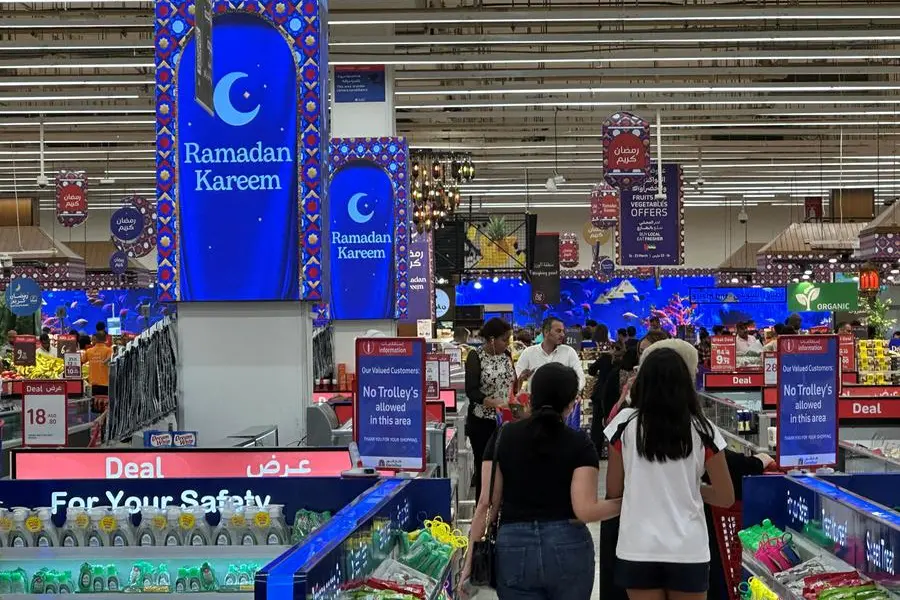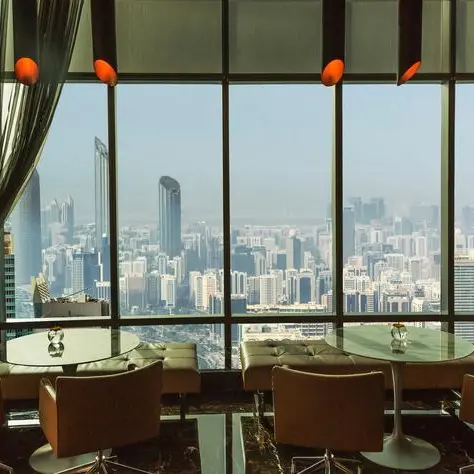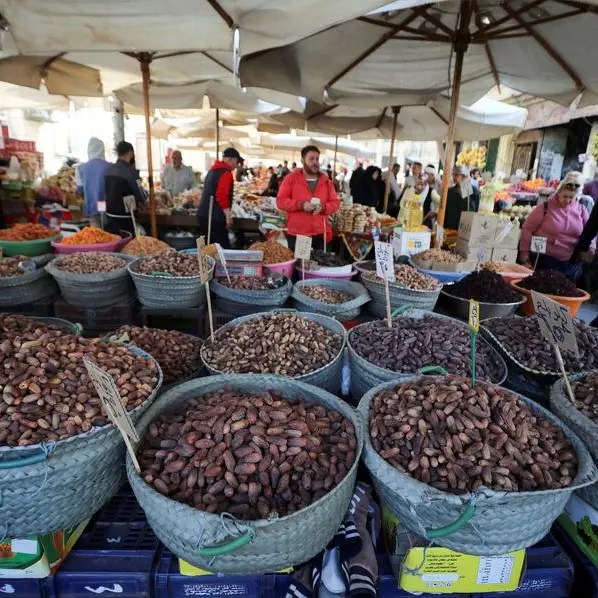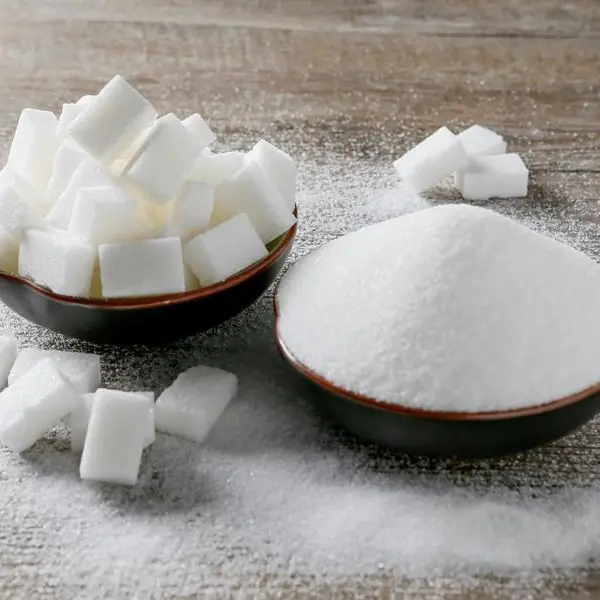PHOTO
The holy month of Ramadan represents a major opportunity for UAE brands and retailers in the consumer technology and durables sector to trigger volume sales. By implementing an optimised promotions strategy, retailers can drive consumer demand and maximise sales, a major marketing research agency says.
Analysis done by GfK from 2018 to 2021 indicate that brands that ran comparably less priced promotions outperformed the market and increased its revenue share. Low-promotion brands increased their revenue share on a significant higher level than the rest of the market in product groups which were stagnating or declining between 2018 and 2020 in terms of revenue, showing the importance of building brand value, GfK research shows. “Increasing the quantity of price promotions does not automatically help to increase long-term revenue share. Other factors like accurate promotion planning, brand recognition, brand equity, consistent price position, distribution and/or product features may be more important for a brand to be successful,” Hakim Amar, Head of Retail Partnerships, META, GfK, told Khleej Times in an interview.
Home appliances and telecom are always in great demand amongst shoppers during the holy month. Household appliances showed growth opportunities in 2022 and will continue to do in 2023 too, despite the growing crisis mood, Hakim said.
Demand for small and large household appliances was slightly subdued during the first six months of 2022. However, it significantly exceeded sales from the same period pre-pandemic in 2019, with an increase of 18 per cent for large appliances and 20 per cent for small appliances.
Brands with a high promotional activity were the worst performing cluster in major domestic appliances (MDA), small domestic appliances (SDA) and telecom sectors, GfK data show.
Promotional periods have a high importance in the region. Dubai Shopping Festival (DSF) as one of the key promotional period holds 10 per cent weight towards yearly revenue. For sectors such as small domestic appliances, the portion of business generated during DSF and Ramadan accounts for around 36 per cent of the full year business. Information technology and consumer electronics see a contribution from DSF, Back to School and Gitex of around 37 per cent, compared to full year revenue.
E-commerce continues to gain ground in technical consumer goods markets. Technology is evolving fast, and it’s changing everything from our lives to the way we run our businesses
The retail industry has been going through a state of drastic, rapid change which has been accelerated over the past two years. The headlines haven’t always looked good – empty shelves due to supply chain challenges, labour shortages, surging inflation, and the closing of many brick-and-mortar stores.
Moreover, consumers are shopping in radically new ways. Online sales/e-commerce is at an all-time high. Consumer confidence is dropping, leading to delays in certain purchases.
All this change has forced retailers to rethink strategy, particularly when it comes to digital and omnichannel experiences. “Earlier we saw the hypermarket players like Carrefour stocking only the regular PCs while the technical super stores like Sharaf DG or Virgin displaying the gaming machines. However, with the change in consumer behaviour, we now see even regular stores keeping gaming PCs as well,” Hakim said.
Retailers who have invested in e-commerce have largely benefited. In the UAE, categories like phones and vacuum cleaners & irons have over performed the market due to ease of shopping, pricing transparency. Retailers can drive traffic towards their websites by further offering Loyalty Schemes, wide assortment, and favorable payment options.
“Retailers have evolved in the post-Covid era. For the coming years, they will have to consider four key factors to continue driving sales momentum — product assortment, price and promotions, product bundles, and retailer positioning to win in the market, GfK research suggests,” Hakim says.
He suggests all the product heads, marketers and retailers follow six steps to success as the peak festive season approaches to have the maximum chance of choice –
Competitive pricing, especially post-pandemic
Opt for less aggressive promotions
Focus on availability so you can meet the demand
Know when consumers will pay more for premium products
Adapt to changed online and offline pricing dynamics
Respond fast using the latest market intelligence
2022 was characterised by several challenges that significantly impacted global markets. “The continuing impact of the Covid-19 pandemic, global supply chain disruptions, the war in Ukraine, and rising inflation have had a significant impact on economies around the world. Looking ahead, many economies are expected to enter technical recessions over the coming quarters, suggesting that the hard times will continue for some time,” Hakim said.
Copyright © 2022 Khaleej Times. All Rights Reserved. Provided by SyndiGate Media Inc. (Syndigate.info).





















